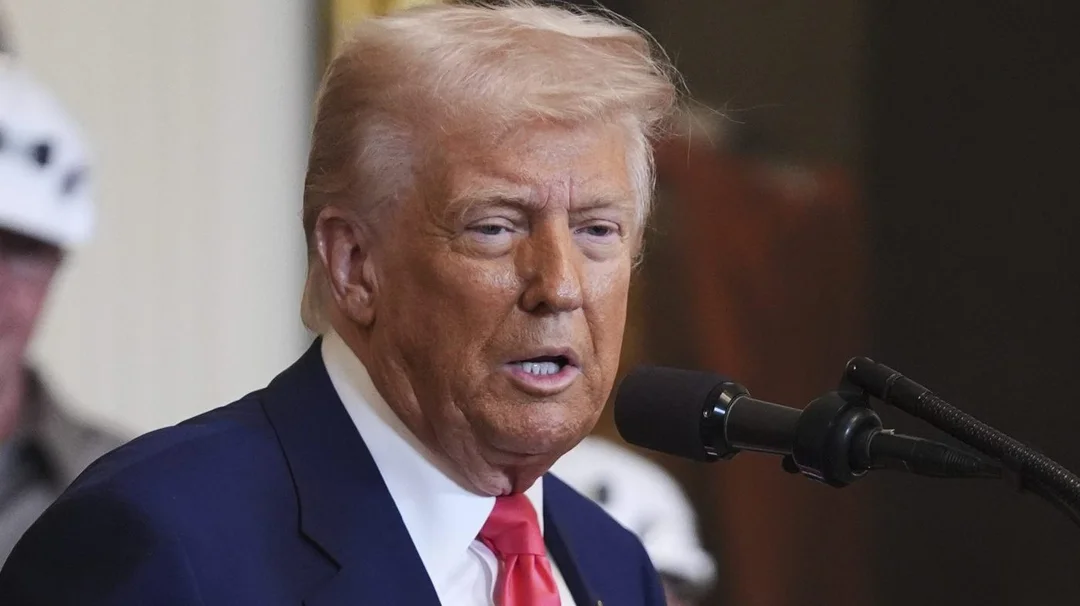
Trump Unveils Ambitious Order To Slash Energy Regulations Using Five-Year Sunset Provisions
In a sweeping new executive order that could reshape the American energy landscape, President Donald Trump has directed key federal agencies overseeing energy policy to incorporate mandatory five-year expiration dates, known as sunset provisions, into their energy-related regulations. This bold initiative aims to periodically purge outdated or burdensome rules, which Trump claims will foster innovation and economic prosperity. The move is already igniting heated legal debates and raising critical questions about the regulatory future of the nation’s energy sector.

Signed on April 9, 2025, the executive order demands all existing covered energy regulations to sunset within one year unless agencies specifically justify their continuation through open public comment and review. For new energy regulations, expiration dates can be extended up to five years but not beyond. The agencies most affected include the Federal Energy Regulatory Commission (FERC), Environmental Protection Agency (EPA), Department of Energy (DOE), Nuclear Regulatory Commission (NRC), as well as federal sub-agencies within the Department of the Interior and the Department of the Army.
The rationale behind Trump’s directive is straightforward: undo regulatory inertia that he argues stifles growth and keeps the energy sector “trapped in the 1970s.” Citing staggering statistics – like the nearly 200,000-page Code of Federal Regulations, swollen with decades of rules – the President aims to “rescind outdated regulations that serve as a drag on progress” and unlock innovation that benefits American consumers.
Specifically, the order tasks DOE with revisiting rules stemming from landmark laws such as the Atomic Energy Act, various Energy Policy Acts, and the Energy Independence and Security Act. FERC regulations under the Federal Power Act and Natural Gas Act are also targeted. The agencies are to coordinate with Internal Department of Government Efficiency teams and the Office of Management and Budget to ensure compliance and public transparency.
However, critics swiftly condemned the order’s legality and practicality. Harvard Law School’s Ari Peskoe bluntly called it “impossible to implement, blatantly illegal, creates massive amounts of unnecessary work, and just makes no sense.” He added that it reveals “a fundamental misunderstanding of how agencies work.” Such sharp rebukes highlight the likely legal battles ahead; consumer rights group Public Citizen has already announced plans to challenge the move in court.
The executive order also exempts regulatory permitting regimes explicitly authorized by law but demands agencies periodically review all other energy rules. Agency leaders must provide opportunities for public input on whether specific regulations merit retention beyond their initial expiration date.
This is Trump’s latest salvo in his broader deregulatory push, complementing his January 2025 directive aiming for a “ten-for-one” rollback of regulations to spur economic growth. His new order’s zero-based regulatory budgeting model—where regulations expire unless affirmatively renewed—represents an aggressive departure from conventional rulemaking practices that typically layer updates atop existing frameworks.
This radical approach could mean faster adaptation to technological and market changes. Yet, experts warn it might also create instability for industries reliant on regulatory certainty, potentially exposing the public to environmental or safety risks due to hurried or poorly reviewed sunsettings.
As this ambitious plan moves forward, the tug-of-war between deregulation and governance oversight intensifies. Will this periodic regulatory purge indeed “unleash American energy” and benefit everyday people, or will it trigger chaos within vital sectors and the courts? The coming months will reveal whether sunset clauses light the way to innovation—or leave critical protections in the dark.
What do you think about this controversial executive order? Is sweeping deregulation the right way to stimulate innovation, or does it threaten environmental safety and legal norms? Let us know your thoughts and join the conversation below.